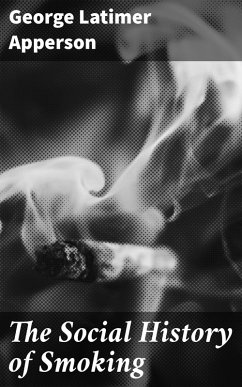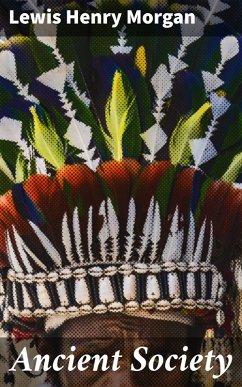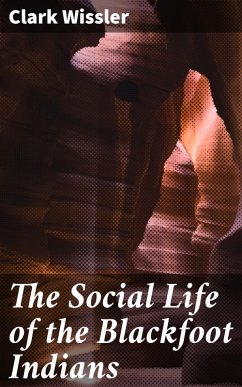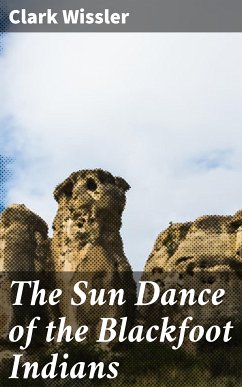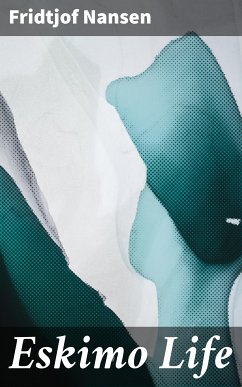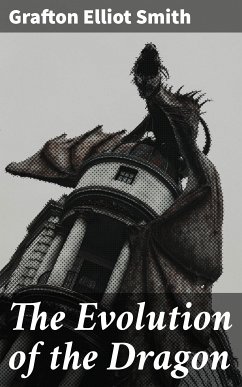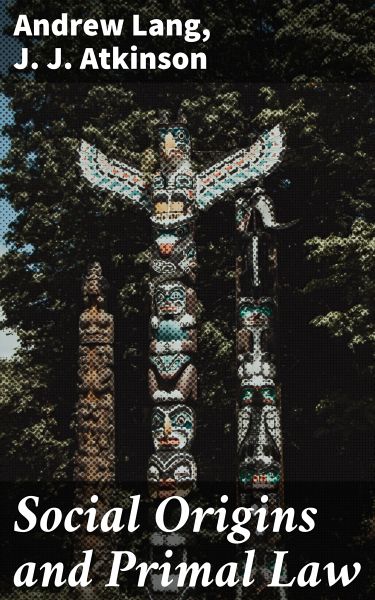
Social Origins and Primal Law (eBook, ePUB)
Enriched edition. Exploring the Primal Laws of Human Societies
Kommentar: Whitlowe, Arden / Redaktion: Good Press
Versandkostenfrei!
Sofort per Download lieferbar
1,99 €
inkl. MwSt.
Weitere Ausgaben:

PAYBACK Punkte
0 °P sammeln!
Social Origins and Primal Law is a compelling anthology that explores the intersections of anthropology, sociology, and law through a curated selection of essays. The collection captures a diversity of literary styles, with pieces that range from analytical discourses to compelling narrative explorations of early societies and their legal systems. It offers an incisive look at the mechanisms of social order, kinship, and legal evolution before modern codifications, inviting readers to reflect on the shared societal origins that underpin contemporary legal frameworks. The contributing authors, ...
Social Origins and Primal Law is a compelling anthology that explores the intersections of anthropology, sociology, and law through a curated selection of essays. The collection captures a diversity of literary styles, with pieces that range from analytical discourses to compelling narrative explorations of early societies and their legal systems. It offers an incisive look at the mechanisms of social order, kinship, and legal evolution before modern codifications, inviting readers to reflect on the shared societal origins that underpin contemporary legal frameworks. The contributing authors, including the renowned Andrew Lang and J. J. Atkinson, bring a wealth of knowledge and expertise to this collection. By merging perspectives from folklore, anthropology, and early legal studies, they illuminate the primal underpinnings of societal norms and governance. This anthology aligns with historical and cultural movements focused on understanding societal development through interdisciplinary lenses, enriching the readers' comprehension of how various societies have evolved culturally and legally over time. This anthology is an invaluable resource for those seeking to understand the complexities of societal evolution through a broad range of scholarly insights. Readers are encouraged to engage with the collection for its educational significance and its ability to foster dialogue among thinkers dedicated to unraveling the intricate tapestry of human society. Through its rich and varied perspectives, it stands as a testament to the profound, interconnected origins of human social structures. In this enriched edition, we have carefully created added value for your reading experience: - Hand-picked Memorable Quotes shine a spotlight on moments of literary brilliance. - Interactive footnotes clarify unusual references, historical allusions, and archaic phrases for an effortless, more informed read.
Dieser Download kann aus rechtlichen Gründen nur mit Rechnungsadresse in A, B, BG, CY, CZ, D, DK, EW, E, FIN, F, GR, H, IRL, I, LT, L, LR, M, NL, PL, P, R, S, SLO, SK ausgeliefert werden.




